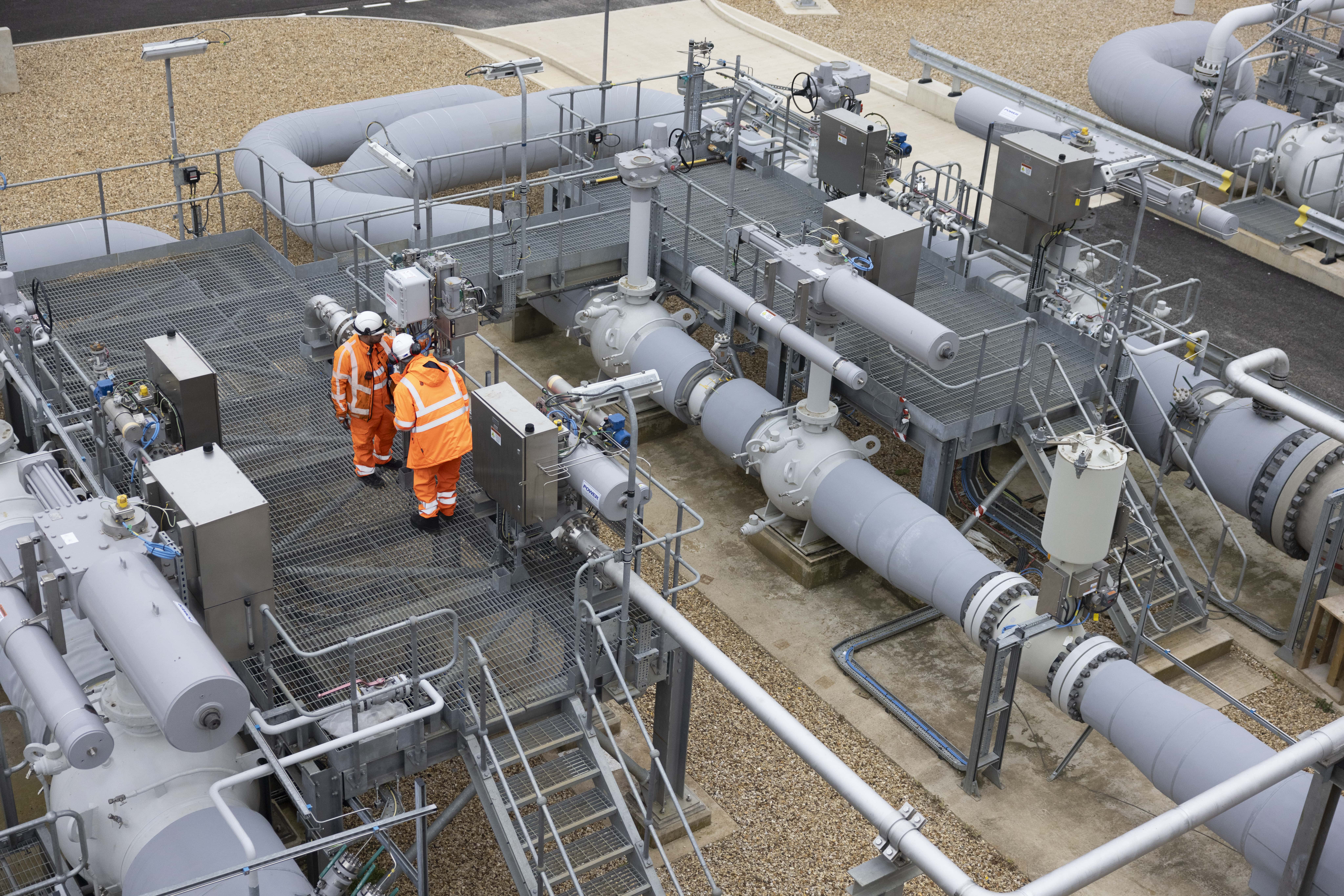Pipeline diversions

CONNECTIONS
Diverting National Transmission System (NTS) pipelines
Are you planning any work near to gas pipelines?
If you are planning any construction or excavation work near to a gas pipeline, it’s essential that you first contact National Gas. Depending on the nature and extent of your work, it may be necessary to divert the pipeline. Pipeline diversions are complex and expensive so, wherever possible, construction projects should be planned to avoid the need to divert pipelines. In the case of road, railway, runway or other major infrastructure projects, pipeline diversions may be unavoidable.
In all cases, National Gas should be your first point of contact. We must provide written consent before any work can be carried out near a pipeline. We will help to ensure that the project you have planned can be carried out safely, without risk to the gas National Transmission System (NTS).
Do you need a pipeline diversion?
Please contact our Plant Protection team at [email protected] to discuss any proposed work near our pipelines. You must contact us at least seven days before any works, and provide a clear plan, site grid reference, contact details and information about the planned work.
Our team will check for NTS pipelines near to your proposed work, and decide if the work is of high, moderate or low risk. We will provide a map showing the location of gas pipeline assets, together with advice on working near to underground services.
You can also use the free online enquiry service, Linesearch, which provides instant results using your grid reference, postcode or street name. If your planned works are within the National Gas zone of interest, you can contact our Plant Protection team directly via Linesearch.
What is the gas pipeline diversion process?
If we believe a pipeline diversion is necessary, we will discuss the diversion process with you, including safety considerations and timescales. Any pipeline diversion work must be funded by you. We will arrange for any necessary studies to be carried out, and arrange any pre-works agreements and the diversion agreement. Physical works on site will be carried out by our own construction teams.
How long does the process take?
We allow a minimum of three years from initial enquiry to the completion of diversion works.
Can you avoid a pipeline diversion?
When we agree to divert a gas pipeline, we pass all costs through to the customer seeking the diversion. We make no profit from the works. What’s more, the capability of the NTS remains unaffected by the diversion. In other words, there is no benefit to National Gas of diverting a pipeline, but there is a significant potential impact on our customers. Therefore, gas pipeline diversions are only carried out when the nature of the proposed development means they are unavoidable.

